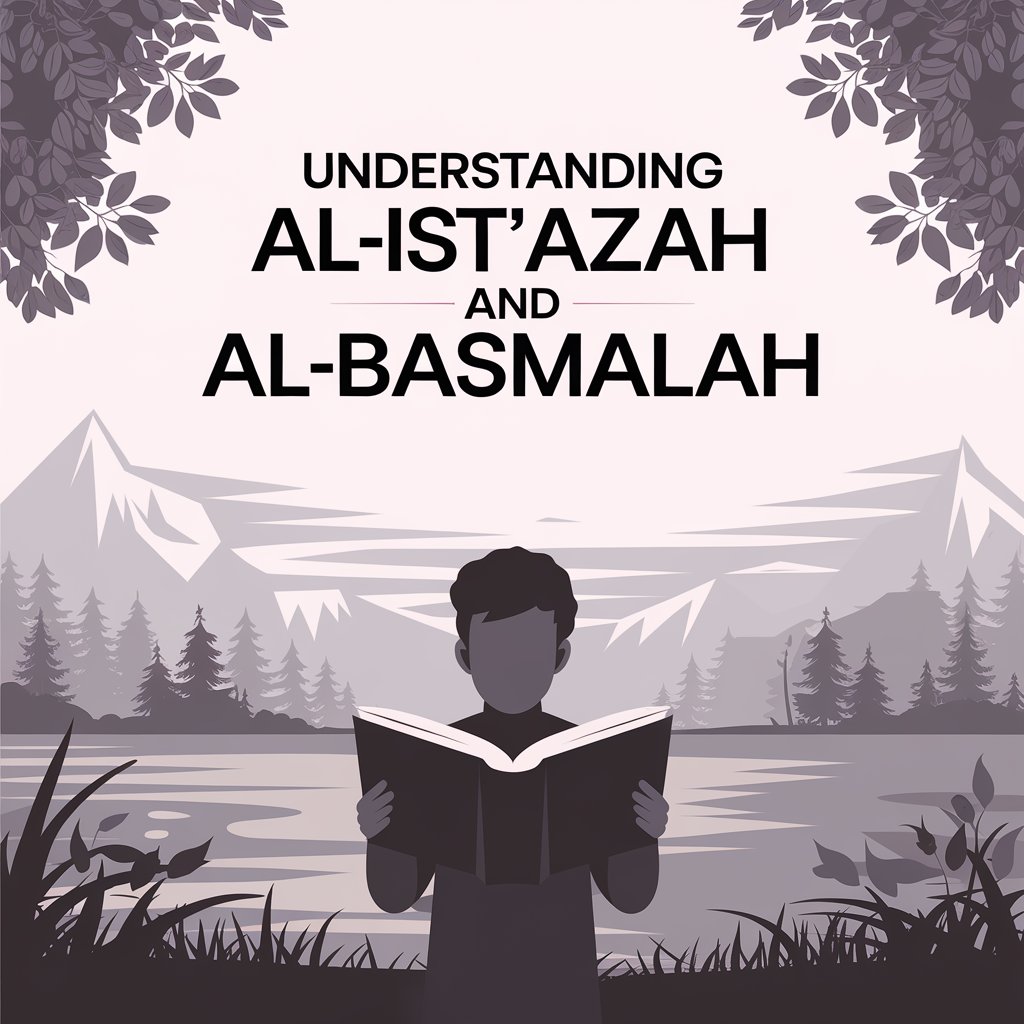Managing Stress and Anxiety While Studying in Egypt
Studying abroad can be an exciting journey, especially in a spiritually rich and culturally vibrant country like Egypt. However, the experience can also bring challenges, including academic pressure and the emotional toll of being far from home. To thrive academically and emotionally, students need strategies to manage stress and anxiety effectively.
Hadith on Anxiety and Debt
Narrated by Abu Umamah (رضي الله عنه):
The Messenger of Allah (peace and blessings be upon him) came into the mosque one day, and he saw Abu Umamah sitting there when it was not the time for prayer. He asked, "O Abu Umamah, why do I see you sitting in the mosque when it is not the time for prayer?"
He said, "Worries and debts, O Messenger of Allah."
The Prophet (peace and blessings be upon him) then said:
"Shall I not teach you words which, if you say them, Allah will take away your worry and pay off your debt?"
He said, "Yes, O Messenger of Allah."
The Prophet (peace be upon him) said:
"Say in the morning and evening:
اللهم إني أعوذ بك من الهم والحزن، وأعوذ بك من العجز والكسل، وأعوذ بك من الجبن والبخل، وأعوذ بك من غلبة الدين وقهر الرجال
Transliteration:
Allāhumma innī aʿūdhu bika min al-hammi wal-ḥazan, wa aʿūdhu bika min al-ʿajzi wal-kasal, wa aʿūdhu bika min al-jubni wal-bukhl, wa aʿūdhu bika min ghalabatid-dayn wa qahrir-rijāl.
Translation:
"O Allah, I seek refuge in You from worry and grief, from incapacity and laziness, from cowardice and miserliness, and from being heavily in debt and from being overpowered by (other) men."
Abu Umamah said: "I did that, and Allah took away my worry and paid off my debt."
Reference: Sunan Abi Dawood, Book 8, Hadith 144 (or Hadith 1555 depending on the version).
Commentary:
This Hadith shows that anxiety has always been a part of the human experience, even during the time of the Prophet (ﷺ). Abu Umamah (رضي الله عنه) expressed his worries about debt and was given a powerful dua by the Prophet (ﷺ) to help ease his anxiety. Islam acknowledges that it's okay to feel anxious, but it also provides spiritual tools, like this dua, to manage and overcome it. By turning to Allah and seeking His help, we can find relief from our worries while taking practical steps to address challenges.
Time Management: Structuring Success
Time management is a cornerstone of academic success and mental well-being. Developing a daily schedule that prioritizes essential activities—such as Quran memorization, Tajweed practice, and coursework—helps students maintain focus and minimize last-minute stress. Tools like planners or apps can assist in tracking deadlines and organizing study blocks while leaving time for self-care.
Tip: Apply the Pomodoro Technique—25 minutes of focused work followed by a 5-minute break. This approach enhances productivity while reducing mental fatigue.
Mindfulness and Spiritual Grounding
Mindfulness, deeply rooted in Islamic practices, plays a vital role in stress management. Regular salah (prayer) provides an opportunity to disconnect from worries and reconnect with Allah. Incorporating the dua taught to Abu Umamah into daily routines—morning and evening—can help students combat anxiety while reinforcing their trust in Allah’s plan.
Building a Support Network
Isolation can amplify stress, especially in an unfamiliar environment. Joining a local community of fellow students, attending masjid events, or participating in group study sessions can foster connections and reduce feelings of loneliness.
For students studying in Egypt, connecting with other foreign students of knowledge creates a supportive environment where challenges and solutions can be shared. Platforms like AATHARA offer tailored resources and a community for foreign students to address their specific needs, from learning Arabic to navigating cultural adjustments.
Physical and Emotional Well-Being
Regular exercise, even light activities like walking, boosts endorphins, improving mood and energy levels. Coupled with a nutritious diet, this creates a strong foundation for academic and spiritual focus.
Practical Steps:
- Avoid excessive caffeine, which can heighten anxiety.
- Aim for 7–8 hours of sleep each night to enhance cognitive function.
Conclusion
Balancing academic commitments with emotional well-being while studying abroad is achievable with intentional effort. By practicing time management, incorporating mindfulness, building community, and maintaining a healthy lifestyle, students in Egypt can transform challenges into opportunities for personal growth and spiritual enrichment.
The Hadith shared above emphasizes that Islam provides practical and spiritual remedies to alleviate anxiety. By leaning on these teachings and applying practical strategies, students can confidently navigate their journey, finding strength in their connection with Allah.
What’s one dua or habit that has helped you manage stress and anxiety while studying? Let us know in the comments and inspire others with your approach!





